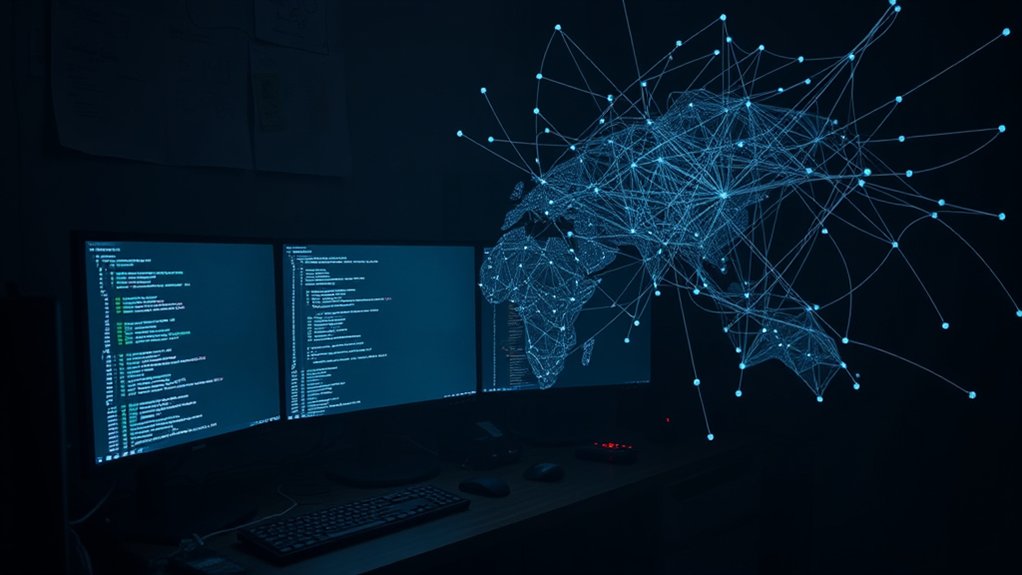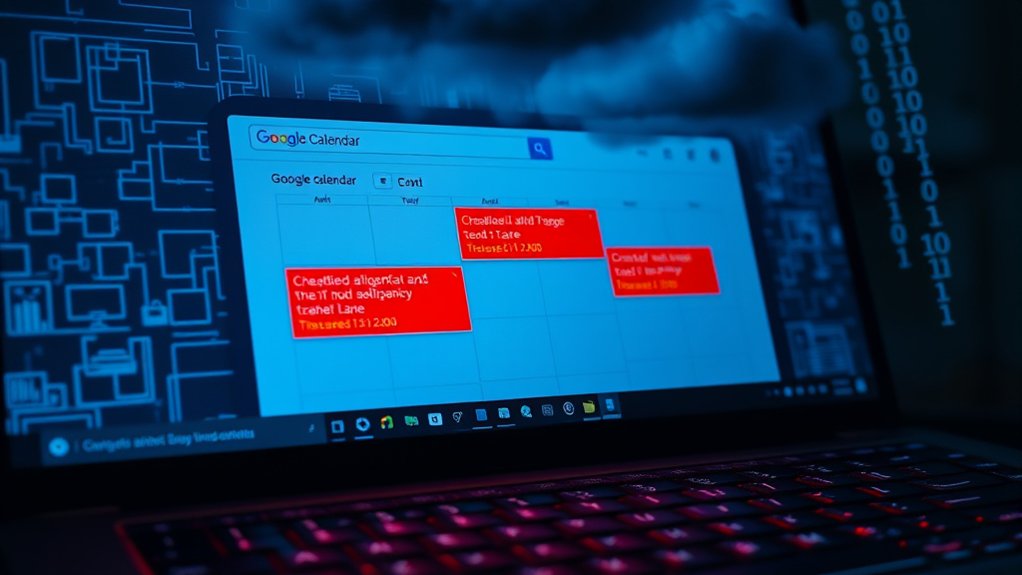A considerable escalation in the U.S. response to Iranian cyber threats has emerged with the announcement that the U.S. State Department is offering a reward of up to $10 million for information regarding the hacker known as Mr. Spirit, also referred to as Shayan Sadr. This initiative directly targets the hackers associated with the CyberAv3ngers group, which is linked to the Cyber-Electronic Command of Iran’s Islamic Revolutionary Guard Corps (IRGC).
The reward aims to halt the ongoing cyberattacks that threaten critical infrastructure in the United States and Israel, which have been heavily impacted by malware campaigns. Notably, the IOControl malware has gained remote control over critical devices, allowing hackers to navigate internal networks with ease. The breach of Iranian air defense systems highlights the seriousness of national security risks associated with these cyber operations.
The IOControl malware, utilized by this hacking group, has been instrumental in infiltrating critical infrastructure systems. Designed for remote control of various devices, including cameras, routers, firewalls, and industrial machinery, IOControl has been detected in management systems of gas stations, underscoring its potential for widespread disruption. These attacks often exploit zero-day vulnerabilities before developers can implement protective measures.
Targeted brands include prominent names like Unitronics and D-Link, and the malware allows attackers to move freely within networks, compromising system integrity and facilitating data theft.
Mr. Spirit remains a primary focus of the U.S. bounty because of his prominent role in CyberAv3ngers’ operations, even though little information is publicly available about his identity.
The group actively claims responsibility for attacks on U.S. and Israeli water companies through channels on platforms like Telegram, illustrating their boldness and intent. Previous U.S. measures included imposing sanctions on six Iranian hackers, yet these were deemed insufficient to curb the ongoing threats, prompting this new strategy to encourage public cooperation in identifying key actors.
The ramifications of these cyberattacks extend beyond data breaches, posing considerable risks to public safety in sectors such as energy and transportation.
Experts warn that Iranian cyber operations represent a formidable challenge to global cybersecurity. The reward initiative may prompt other nations to pursue similar measures, promoting an environment for international cooperation in combating cyber threats and setting a precedent for state responses to digital warfare.









